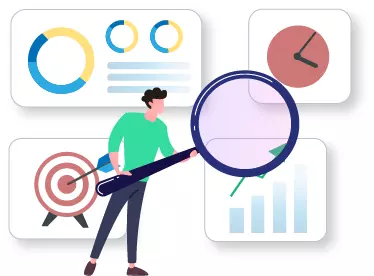
Introduction: Hey there, financial enthusiasts! Welcome back to another insightful vlog. Today, we’re diving deep into the world of credit bureau reports, exploring what they mean for both individuals and commercial entities. I’m [Your Name], and I’m excited to be your guide through this important topic.
Main Content:
- Individual Credit Bureau Reports:
- Let’s start with individual credit bureau reports. These reports play a crucial role in determining your creditworthiness as a consumer. They contain information about your credit history, including credit accounts, payment history, outstanding debts, and any inquiries made into your credit.
- We’ll discuss how lenders use this information to assess your risk level when applying for loans, mortgages, or credit cards. Maintaining a good credit score is essential for favorable loan terms and interest rates, so understanding what’s on your credit report is key.
- Commercial Credit Bureau Reports:
- Now, let’s shift our focus to commercial credit bureau reports. These reports provide insight into the creditworthiness of businesses. They include details such as payment histories with suppliers and vendors, outstanding debts, legal filings, and business credit scores.
- We’ll explore how businesses can use these reports to assess the creditworthiness of potential partners, suppliers, and customers. Whether you’re extending credit to a new client or evaluating a supplier’s reliability, understanding commercial credit reports is vital for making informed business decisions.
- Key Factors Impacting Credit Reports:
- Whether you’re an individual or a business, several factors can influence your credit report. We’ll discuss common factors such as payment history, credit utilization, length of credit history, and recent inquiries.
- Understanding these factors and how they impact your credit report can help you take proactive steps to improve your creditworthiness and financial health.
Call to Action: Now that you have a better understanding of credit bureau reports for both individuals and businesses, it’s essential to regularly monitor your credit reports. Make sure to check your reports from all major credit bureaus for accuracy and report any errors promptly. Remember, knowledge is power when it comes to managing your finances!
Conclusion: That wraps up our deep dive into credit bureau reports for individuals and commercial entities. I hope you found this information helpful and informative. If you have any questions or topics you’d like us to cover in future vlogs, feel free to leave a comment below. Until next time, stay financially savvy and informed. See you soon!


